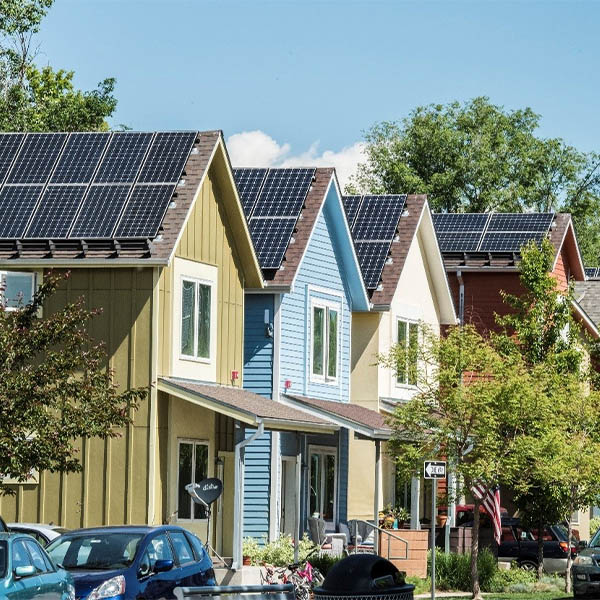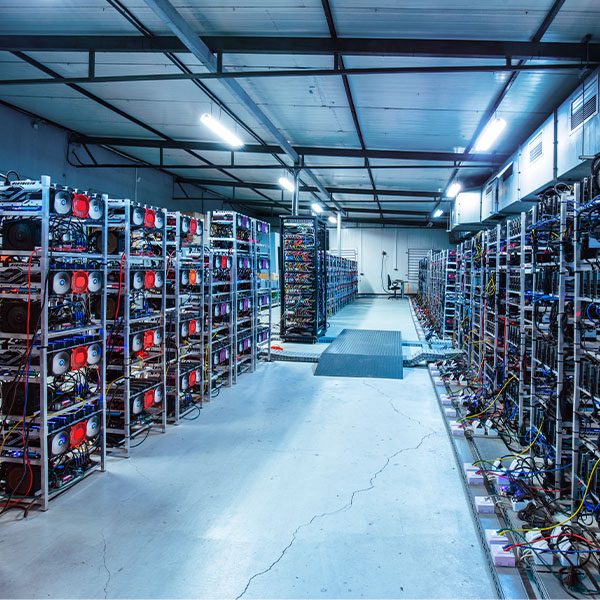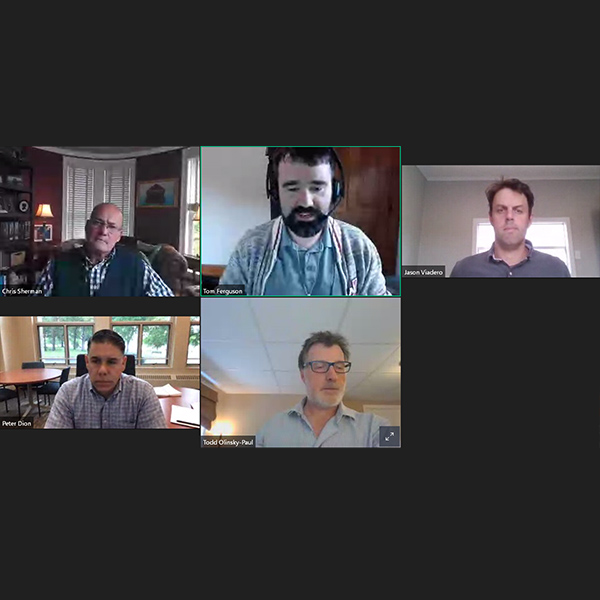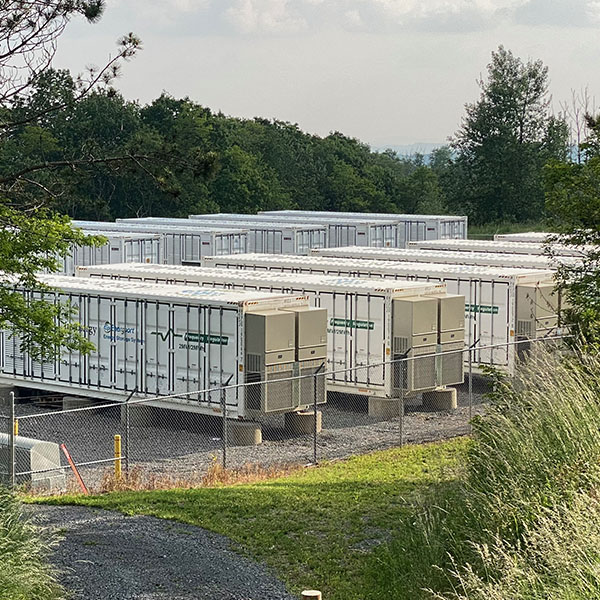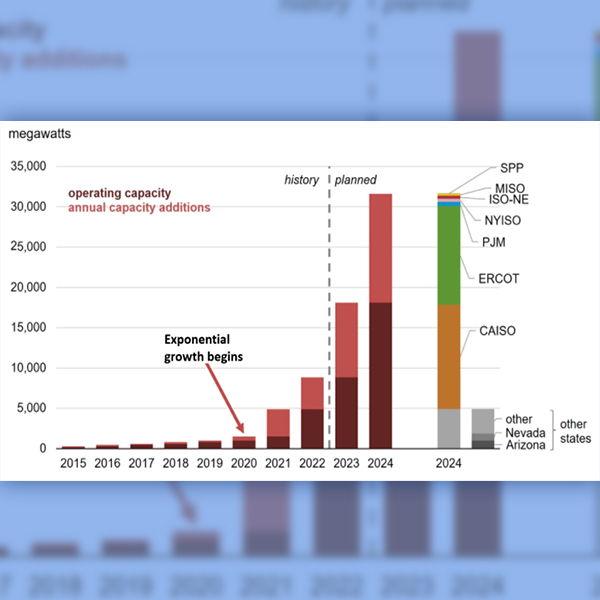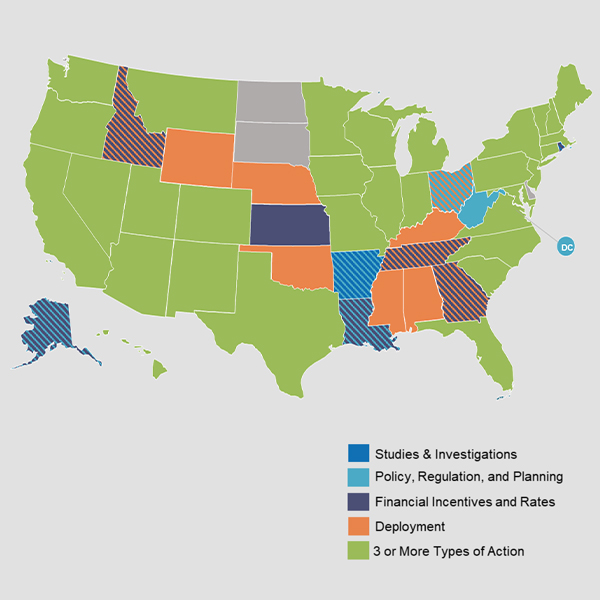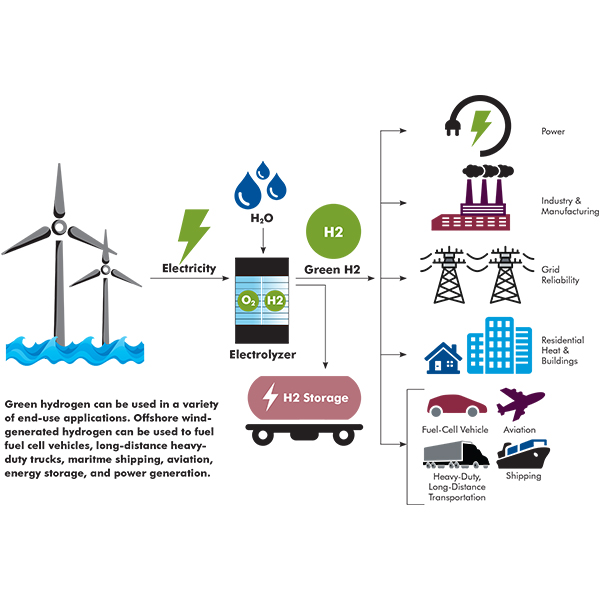Clean Energy States Alliance (CESA)
The complaint seeks to force EPA to reverse its termination of Solar for All, a $7 billion effort to expand lower-income Americans’ access to small-scale photovoltaics.
A new Clean Energy States Alliance report highlights how states are tackling the rise in electricity demand, which varies based on factors such as the scale of demand growth they face and their geography.
Battery storage remains largely reliant on state programs and subsidies to be viable in Massachusetts but could increasingly stand on its own as renewable energy proliferates, a panel of energy storage experts said.
New grid-scale battery storage in Maine would be cheaper than new fossil peaker plants when accounting for societal costs of air pollution and carbon emissions, according to a new report.
While the deployment of utility-scale battery storage has accelerated in recent years, additional regulatory and policy support is needed to scale up the industry, a panel of experts convened by CESA said.
Grid-enhancing technologies have been piloted in many places, but with recent FERC orders and federal funding, they are poised to become much more common.
States need to fund, shape and incentivize projects that contribute to their emission-reduction goals, a speaker told New Jersey’s Clean Energy Conference.
The Biden administration’s goal of achieving net-zero emissions by 2050 will require an investment of $300 billion a year until 2050, the DOE estimates.
Despite supply challenges, the storage industry is innovating to optimize the value of lithium-ion batteries while also developing long-duration alternatives.
The Clean Energy States Alliance urges states that get access to power from OSW to consider dedicating some of that electricity to produce “green,” hydrogen.
Want more? Advanced Search
